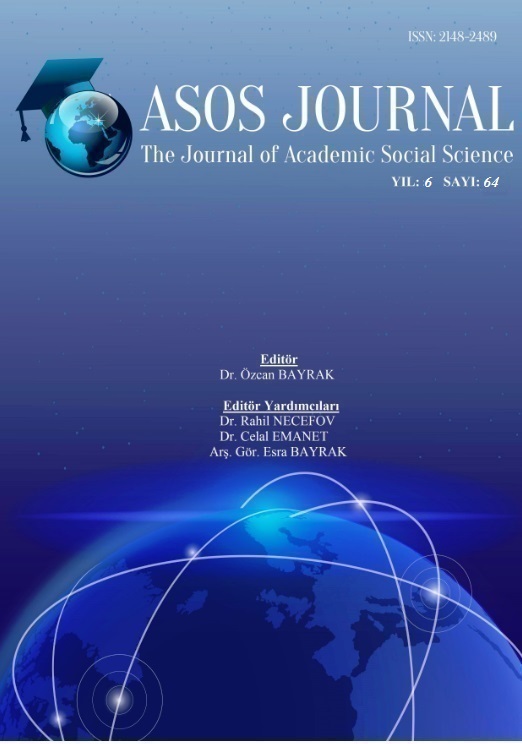Author :
Abstract
Geçmişte meydana gelen olgular bütününe tarih dendiği gibi bu olguları konu alan bilim dalına da tarih denmektedir. Selçuklular devri İslam âleminde tarih ilminin zirvesi olarak kabul edilmektedir. Selçuklulara kadar Türkler hiçbir zaman bir aile ferdinin adıyla devlet kurmamışlardır. Bunun sebebi Avrupa ve Sovyet tarihçilerinin görüşlerinin aksine Türk toplumunun sınıfsal bir yapı arz etmemesindendir. Selçuklu devri Türk toplumu ve devlet yapısı kendine mahsus hususiyetleri olan ve bu kendine mahsusluğu esaslı şekilde hissedilen bir teşkilatı, sosyal ve içtimai bir yapıya sahipti. Maalesef, Selçukluların kendileri hakkında yazdığı eserlerin ancak cüzi bir kısmı bize kadar gelebilmiştir. Bunlar da Büyük Selçuklular devletinden sonraki devre aittir. Bu kaynakların çoğu Oğuz isyanları ve Moğol işgali devrinde ortadan kaybolmuş, özellikle de Semerkant, Buhara, Ürgenç, Merv, Gazne ve Bağdat kütüphanelerinin yakılması neticesinde yok olmuşlardır. Bizim buradaki amacımız Selçuklu devri tarihçiliğinin dil, üslup, metot ve mevzu olarak genişliğine ve zenginliğine dikkat çekmektir. Ayrıca, günümüzde bu kaynakların büyük bir kısmı ilim âleminin hizmetine sunulmuştur. Ancak yine de, Mısır, İran, Türkiye, Rusya, Fransa ve İngiltere kütüphanelerinde bu devre ait birçok el yazma araştırmacıları beklemektedir.
Keywords
Abstract
As the events that happened in the past have been said to be history, the history of science that deals with these phenomena is called history. Seljuk period is accepted as the summit of history in the Islamic world. Until the Seljuks, the Turks never founded a state with the name of a family member. For this reason, unlike the views of European and Soviet historians, the Turkish society does not offer a class structure. The Seljuk devolved Turkish society and state structure had an organization, social and social structure, which had its own special characteristics and felt like this self-denial. Unfortunately, only a small part of the works written by the Seljuks about themselves came up to us. These belong to the next period from the Great Seljuk state. Most of these sources have disappeared from the turn of the Oghuz rebellion and the Mongol invasion, especially after the burning of the libraries of Samarkand, Buhara, Ürgenç, Merv, Gazne and Baghdad. Our goal here is to draw attention to the breadth and richness of Seljuk devolution history as language, style, method and subject. In addition, today, most of these resources are offered to the service of the scientific community. Nevertheless, many manuscript researchers of this period in the libraries of Egypt, Iran, Turkey, Russia, France and England await.





